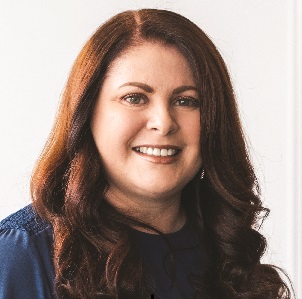The value of real-life learning
16 Dec 2024
Our junior segment, from interns through to senior registrars, have already been through several years of education before they start seeing patients. How does the education we offer differ from the medical education provided at a university level?
Much of the focus in the medical school curricula is on clinical training and outcomes. MDA National’s point of difference is sharing the collective real-life experiences of our early-career Members. This includes highlighting what can (and does) go wrong from a medico-legal perspective, what actionable steps our Members can take to identify the risks, and the preventative strategies or resources available to help reduce their exposure to medico-legal issues.
So much necessary information is crammed into medical school. What are some of the common themes our junior Members identify as potential gaps in their learning once they start practising?
There are some key themes around balancing the professional obligations of being a practising doctor, with the everyday challenges at work and at home.
Examples include interprofessional communication (with more senior doctors and other health professionals); assertive communication to enable doctors to raise concerns succinctly and effectively; dealing with conflict in the workplace; treating patients in a culturally safe way; and the importance of medical documentation – including record-keeping, referrals, certificates and reports.
Another challenge we see is around professional boundaries, including requests to treat family and friends, ‘corridor consults’, prescribing or self-prescribing, and the appropriate use of social media.
Does the method of delivery differ between doctors in practice and doctors in training (DiTs)?
Many DiTs have formalised weekly education sessions as part of the training program they are in. This provides a structured opportunity to develop practical, on-the-job preparedness across a range of clinical and non-clinical topics. DiTs will also have access to an online portal containing recordings or e-learning modules on these topics.
For DiTs seeking additional education opportunities, we understand their preference for online delivery – with short and sharp on-demand recordings or podcasts, or online workshops, that provide an opportunity to learn from their seniors and share experiences with their peers.
I understand you are currently working on a new series written specifically for interns and DiTs. Can you tell us a bit about the project?
At MDA National, we frequently receive requests to deliver medico-legal related content to interns and residents for their weekly education sessions. We were keen to make this content more broadly accessible for our individual early-career doctors, and also available to health service organisations as a key resource for their training programs.
Working closely with our colleagues from Cases and Advisory Services, we have identified a broad range of topics which are ideal for a range of short format videos. The videos will feature in our exciting new offering, Lifeline: a medico-legal series for early career doctors, which will highlight the relationship between the delivery of healthcare and common medico-legal risks that can arise. The videos distill key professional and legal obligations, accompanied with case scenarios to provide experiential learning opportunities.
When is the Lifeline series expected to go live, and what are the first topics you will be rolling out?
We aim to share common medico-legal issues encountered by doctors in their early professional years, and we have a broad range of topics currently in development. The videos will highlight common issues and scenarios, explain the framework around regulatory requirements and professional obligations, and provide practical advice on how early-career doctors can manage these challenges.
The first series of topics will be available by the end of January, ready for the 2025 intern intake and those in residency positions. Topics will include:
- reportable deaths and coronial matters
- death certificates
- communication within the healthcare team
- consent in practice
- confidentiality matters
- understanding medical indemnity.
Can you tell us about some of the existing resources our interns and DiTs can access on demand, and what are the most popular topics?
We offer a range of resources, including e-learning and on-demand recordings. Some of the most popular topics include medical record-keeping, prescribing, communicating difficult news, informed consent, privacy and confidentiality, Medicare compliance, and social media use.
We also have annual programs tailored to the needs of early-career members.
- Career development & planning: designed to help Members gain career-path clarity, by reflecting on their personality traits, strengths and weaknesses, and how these can influence career choices and satisfaction.
- Interview skills and preparation: Refining their CV and written application, education on interview techniques, practical advice on common interview pitfalls, and how to tackle standard and unexpected interview questions.
- Professional development workshops on communication, collaboration and culture: Effective communication and collaboration within a team is vital in healthcare for delivering quality and safe patient care, and reducing the risk of medico-legal claims and complaints. These workshops offer guidance on approaches and methods for building effective communication in the workplace, developing and managing key relationships in healthcare teams, and assisting with conflict resolution.
We always welcome feedback at MDA National. How can our junior doctors contact the Education Services team if they have ideas for future education?
Yes, absolutely. We value feedback from all Members. Junior doctors can reach out and provide feedback via email on education@mdanational.com.au or call 1800 011 255 to discuss this directly with a member of our Education Services team.
Stay updated with the latest medico-legal content |
Subscribe to MDA National’s biannual Member publication, Defence Update, for the latest medico-legal updates, articles and case studies.
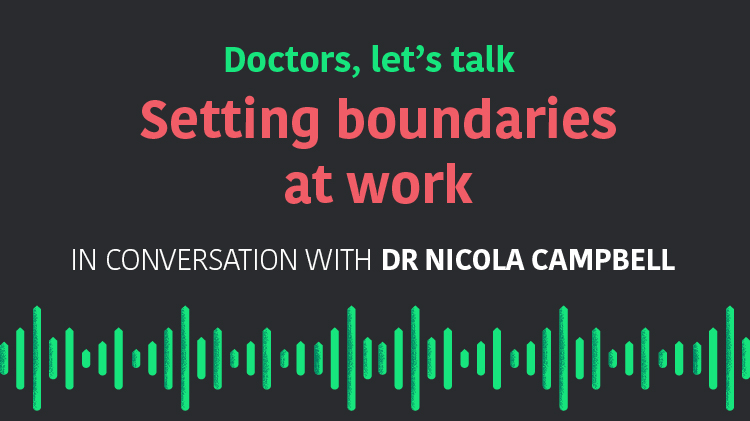
Doctors, Let's Talk: Setting Boundaries At Work
A conversation with Nicola Campbell, Psychiatry Registrar, that explores the necessity of setting professional boundaries as a Junior Doctor.
07 Dec 2022
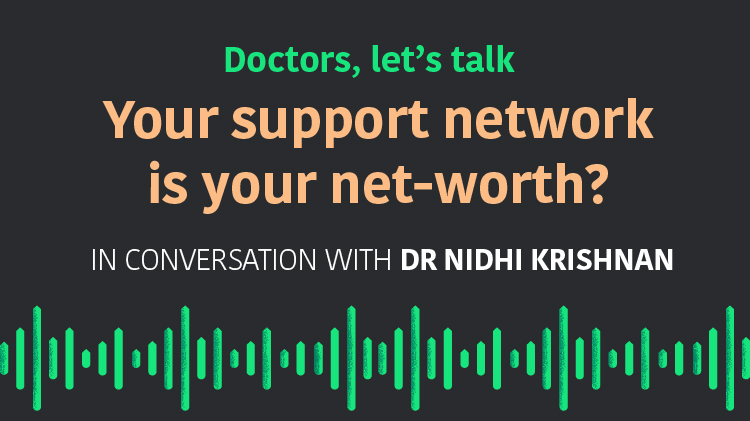
Doctors, Let's Talk: Your Support Network Is Your Net-Worth
A conversation with Nidhi Krishnan, Paediatric Registrar, that explores the value of building a strong network as a Junior Doctor.
07 Dec 2022
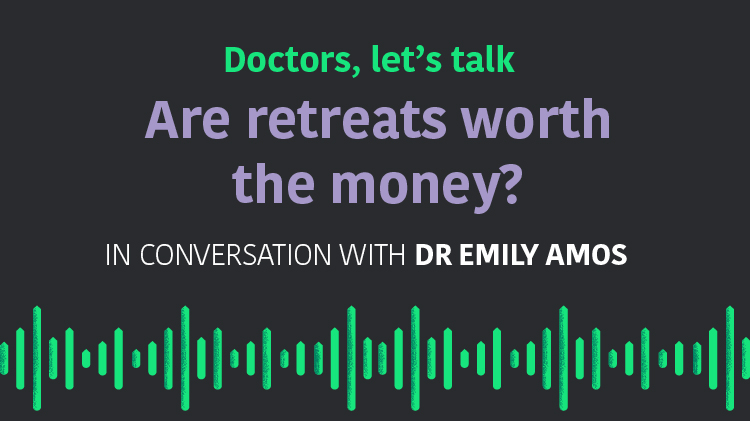
Doctors, Let's Talk: Are Retreats Worth The Money?
A conversation with Dr Emily Amos, General Practitioner, International Board Certified Lactation Consultant, and registered mindfulness teacher, that explores the utility of mindful retreats and self-care among Junior Doctors.
07 Dec 2022
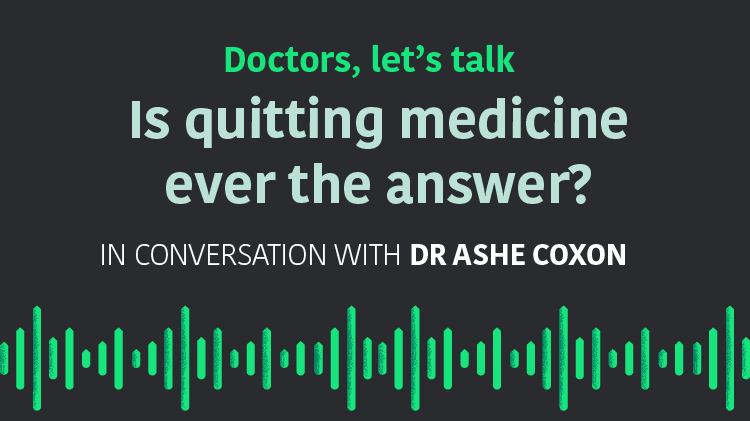
Doctors, Let's Talk: Is Quitting Medicine Ever The Answer?
A conversation with Dr Ashe Coxon, General Practitioner, career counsellor, and founder of Medical Career Planning, that explores the issue of dealing with career uncertainty as a Junior Doctor.
07 Dec 2022
